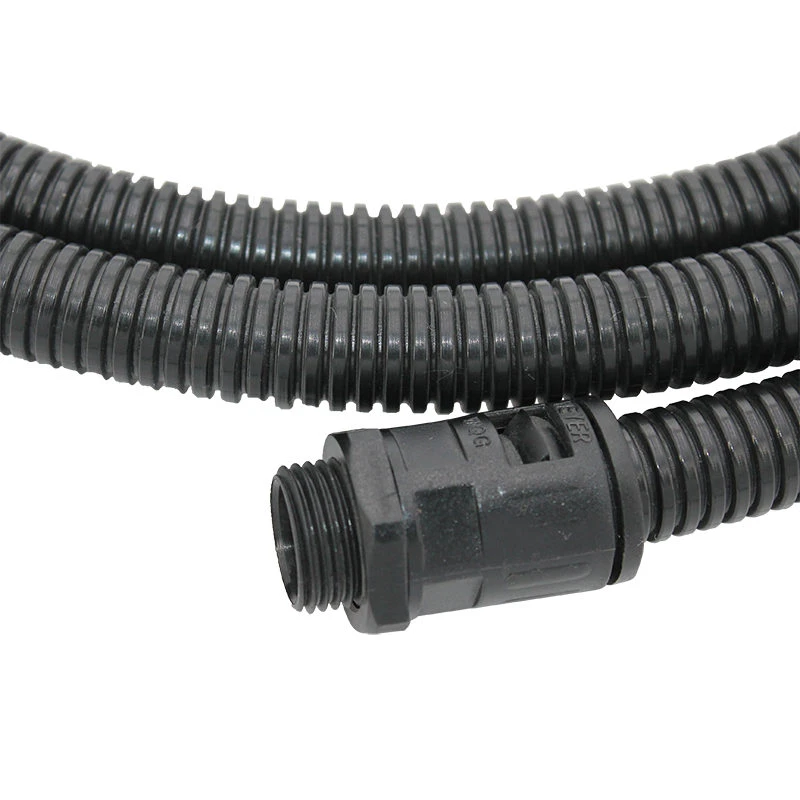ball screw bellows
Understanding Ball Screw Bellows Importance, Design, and Maintenance
In the world of precision engineering and automation, the significance of components such as ball screws cannot be understated. Ball screws convert rotational motion into linear motion with exceptional efficiency, making them integral to various applications, from CNC machines to robotics. To ensure the longevity and optimal performance of these mechanical components, ball screw bellows play a crucial role. In this article, we’ll explore what ball screw bellows are, their importance, their design considerations, and maintenance practices.
What Are Ball Screw Bellows?
Ball screw bellows are protective covers designed to shield ball screws from contaminants, such as dust, dirt, chips, and other foreign materials. Made from flexible materials like rubber, PVC, or fabric composites, these bellows prevent particles from entering the internal components of a ball screw assembly. They play a crucial role in maintaining the integrity and efficiency of the ball screw system, contributing to its overall lifespan and performance.
Importance of Ball Screw Bellows
1. Preventing Contamination The primary function of ball screw bellows is to protect the ball screw assembly from contaminants. Any dust or debris that penetrates the ball screw mechanism can lead to wear and tear, reducing its effectiveness and potentially causing mechanical failures.
2. Enhancing Longevity By preventing the ingress of harmful materials, bellows help extend the life of the ball screws and associated machinery. This results in lower maintenance costs and downtime, crucial for industries where efficiency is key.
3. Maintaining Precision Precision is critical in applications involving ball screws. Contaminants can cause misalignment or binding, leading to inaccuracies in positioning. Bellows ensure that the movement remains smooth and controlled, supporting the high standards required in manufacturing and automation processes.
4. Protecting Against Environmental Factors In addition to dirt and debris, ball screw bellows provide protection against moisture, chemicals, and extreme temperatures. This capability makes them suitable for various environments, including outdoor applications and manufacturing facilities with aggressive cleaning agents.
Design Considerations for Ball Screw Bellows
When designing ball screw bellows, several factors must be taken into consideration
1. Material Selection The choice of material is pivotal. Rubber provides excellent flexibility and durability, while PVC offers chemical resistance. The selection often depends on the specific application environment and the types of contaminants present.
ball screw bellows

2. Size and Fit The bellows must be appropriately sized to ensure a proper fit over the ball screw assembly. A well-fitted bellow will effectively prevent contamination while allowing sufficient movement of the ball screw.
3. Installation and Alignment Proper installation is critical to the performance of ball screw bellows. They must be aligned correctly to avoid any obstruction to the ball screw's movement. Misalignment can lead to excessive wear and potential failures.
4. Compression Ratio The design should allow for adequate compression while maintaining structural integrity. The compression ratio affects how much the bellows can expand and contract, which is essential for dynamic applications.
Maintenance of Ball Screw Bellows
To ensure the efficacy of ball screw bellows, regular maintenance is essential
1. Visual Inspections Regularly inspecting the bellows for signs of wear, cracks, or tears is crucial. Any visible damage should be addressed immediately to prevent contamination.
2. Cleaning Keeping the bellows clean can prolong their life and effectiveness. Depending on the environment, they may need to be wiped down to remove accumulated dust and debris.
3. Replacement Like any mechanical component, ball screw bellows have a finite lifespan. Replacement should be scheduled as part of routine maintenance to avoid unexpected failures.
4. Lubrication Checks Ensure that the ball screw and its elements are adequately lubricated. While bellows protect against contaminants, good lubrication is essential for minimizing wear and maintaining smooth operation.
Conclusion
Ball screw bellows are a vital component in ensuring the reliability, accuracy, and longevity of ball screw assemblies. By understanding their importance, design considerations, and maintenance requirements, engineers can enhance the efficiency and performance of their systems, thereby achieving greater success in precision engineering applications. Investing in high-quality ball screw bellows can ultimately lead to improved productivity and lower operational costs.








